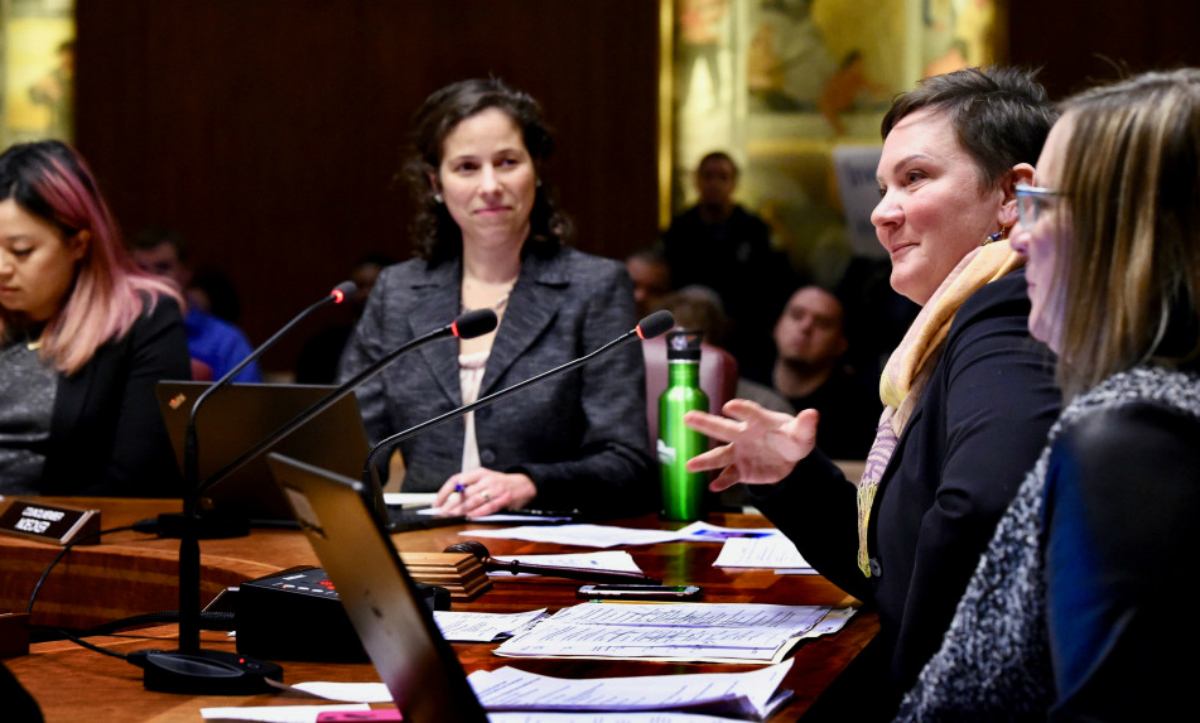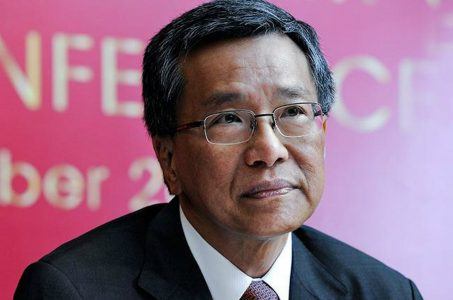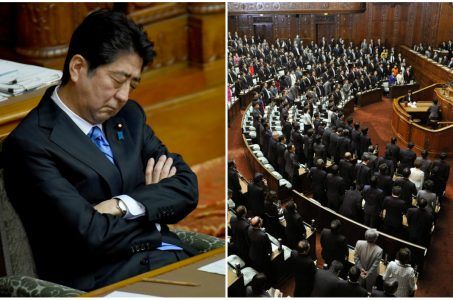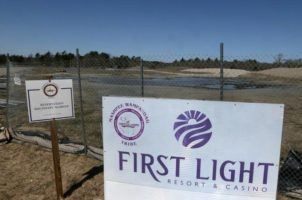St. Paul Officials Rethinking How Funds Generated From Charitable Gambling Are Distributed
Posted on: March 8, 2019, 12:00h.
Last updated on: March 8, 2019, 12:39h.
The cut from charitable gambling in St. Paul Minnesota, that is sent to youth programs may soon be restricted to those organizations helping the neediest of youngsters.

Currently, 10 percent of revenue raised by non-profits from gambling held in bars, private clubs and other qualified locations can be given to various youth-related local organizations. That might soon change to permit only nonprofits that are working with the city’s most impoverished adolescents.
Restricted By Income, Race
Under a proposal that will be voted on by the St. Paul City Council on March 13, the list will be limited to local organizations that help needy youth based on income and race.
For inclusion on the Club Youth Program Fund list, a majority of the participants must be residents of neighborhoods which have been identified as areas of concentrated poverty (ACP).
ACP neighborhoods are defined as areas where at least 40 percent of residents have family or individual incomes less than 185 percent of the federal poverty level. ACP neighborhoods also must have 50 percent or more of residents being people of color. Finally, at least 75 percent of the charity program participants must be city residents.
In recent years, non-profits in St. Paul collected in total between about $120,000 and $140,000 a year for the youth fund. It is fully dispersed annually, according to city officials. Approved programs also will be limited to receiving $15,000 a year — as opposed to the current $8,000 cap.
Licensed non-profits can conduct any of the five forms of lawful gambling in the state: pull-tabs, bingo, paddlewheels, tipboards, and raffles, according to Gary Danger, a regional compliance officer for the Minnesota Gambling Control Board.
St. Paul Councilmember Rebecca Noecker, who is supporting the ordinance change, told Casino.org that the revision would make the system “more equitable” and it will help “to get revenue to people and areas who need it the most.”
Some local organizations question the ordinance change because they could lose needed funding and worry about extensive record keeping. Many of the organizations contacted by the Minneapolis Star Tribune also questioned if they will have to document household income for every child who participates in their programs.
To remain on the revised list, each organization will sign an affidavit once a year, but supporters say the city would largely take the organizations at their word.
Sports Betting Developments
Last month, on a statewide level, Minnesota Representative Pat Garofalo (R-Farmington) introduced a new bill that would legalize sports betting at tribal gaming facilities in the state. It is not clear if the tribes want to participate.
In January, Charles Vig, chairman of Minnesota Indian Gaming Association, wrote to Governor Tim Walz and all four legislative leaders to say that not only do the state’s influential tribal operators not want sports betting in their casinos, they will actively oppose any legislative effort to legalize sports books this year.
Related News Articles
Most Popular
UPDATE: Former Resorts World & MGM Grand Prez Loses Gaming License
Jackpot News Roundup: Two Major Holiday Wins at California’s Sky River Casino
VEGAS MYTHS RE-BUSTED: The Traveling Welcome to Las Vegas Sign
Oakland A’s Prez Resigns, Raising Questions About Las Vegas Move
MGM Osaka to Begin Construction on Main Resort Structure in April 2025
Most Commented
-
UPDATE: Whiskey Pete’s Casino Near Las Vegas Closes
— December 20, 2024 — 33 Comments -
Zillow: Town Outside Las Vegas Named the Most Popular Retirement City in 2024
— December 26, 2024 — 31 Comments -
Oakland A’s Prez Resigns, Raising Questions About Las Vegas Move
— December 27, 2024 — 9 Comments -
Caesars Virginia in Danville Now Accepting Hotel Room Reservations
— November 27, 2024 — 9 Comments
















No comments yet